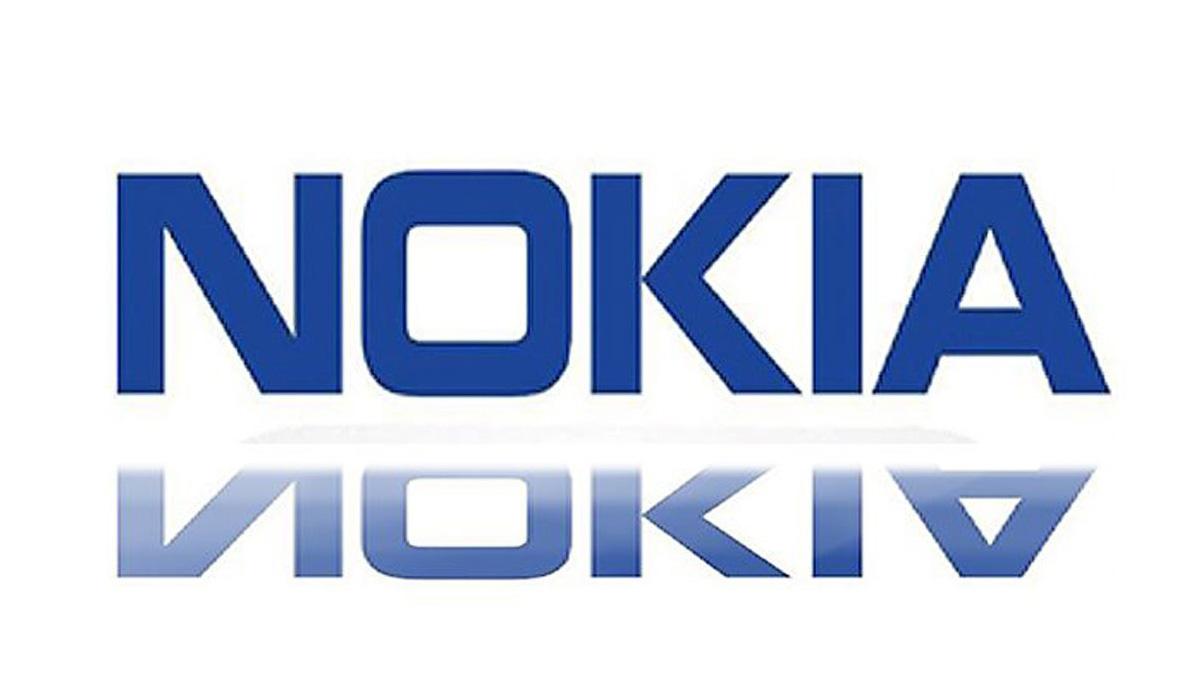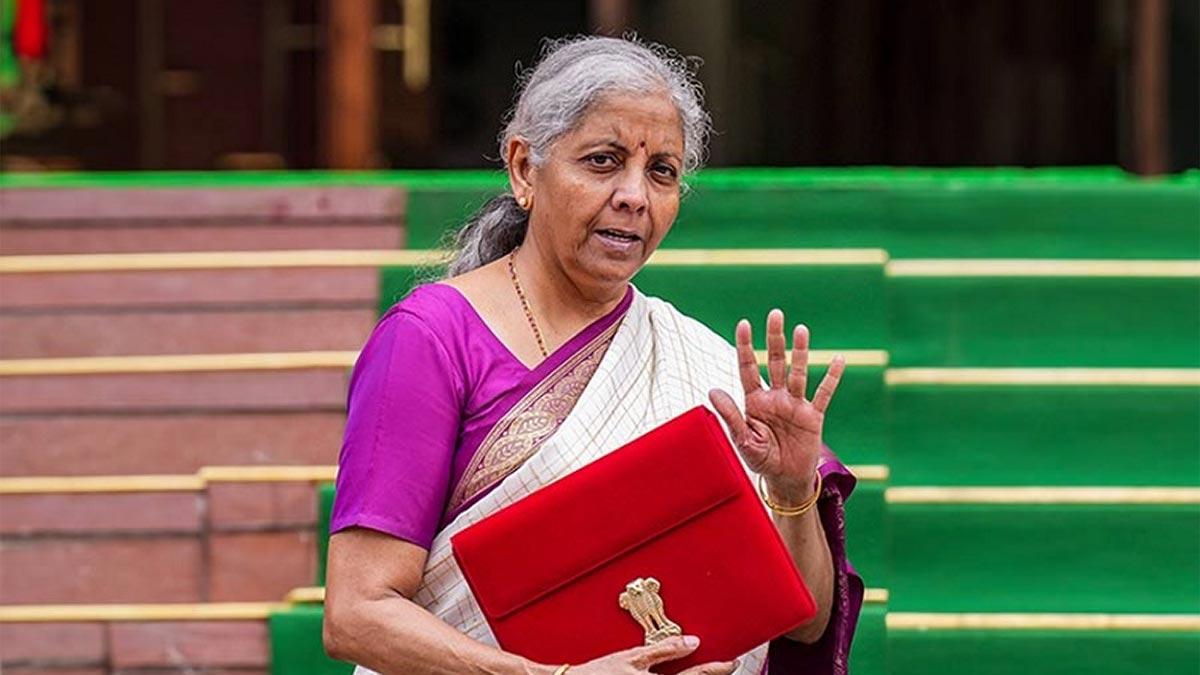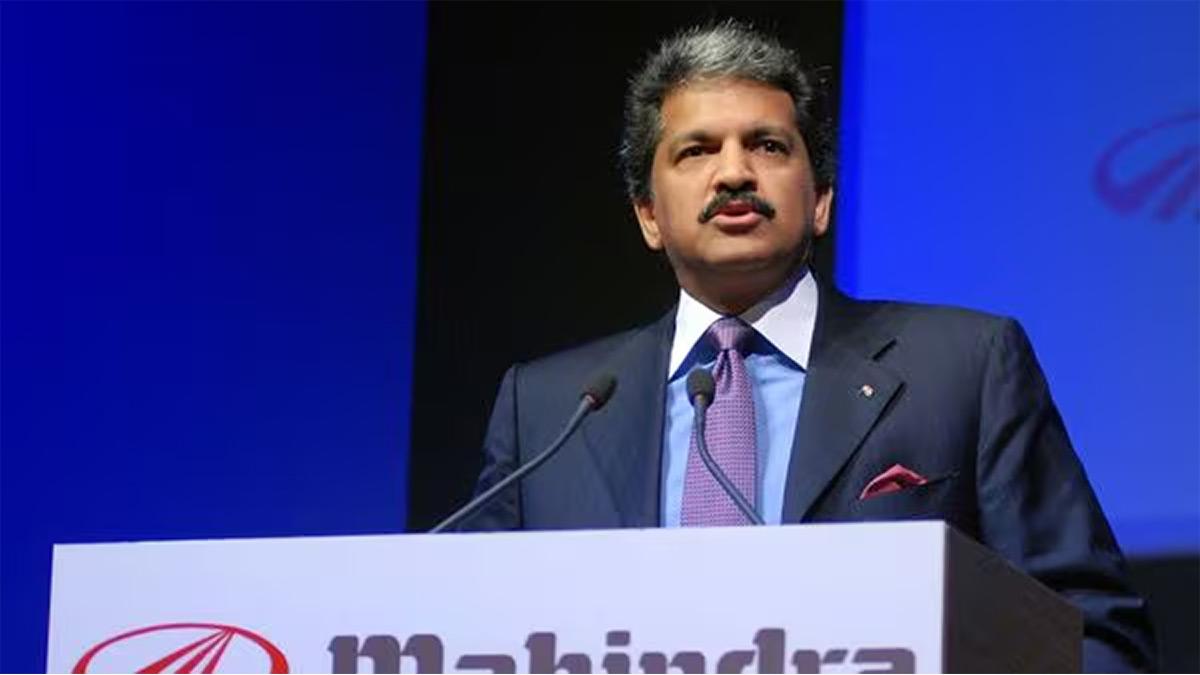Telecom networking equipment major Nokia (HE:NOKIA) has substantially increased its exports from India, now exporting as much as 70% of products made locally.
This action further boosts the 'Make in India' program. Senior Vice President and Country Head at Nokia India, Tarun Chhabra, pointed out that the exports of the company vary between 30% and 70%, last year standing at 50%, mainly radio equipment.
In a significant development, Nokia said on Wednesday that it will assist Vodafone Idea (NSE:VODA) with its new 5G and 4G baseband and radio modules as the telecom operator gears up for phased launch of 5G services across major circles.
Simultaneously, Nokia is actively enhancing Vi’s 4G network by expanding coverage, adding new technology, and increasing spectrum bandwidth at existing sites. By March 2025, the company plans to deploy over 60,000 technology sites, along with thousands of additional 4G sites. To enhance connectivity in densely populated urban areas, Nokia is also introducing ultra-lean sites.
With the increasing demand for high-performing and reliable networks, our partnership with Vi will enable us to meet the evolving needs of retail consumers and enterprises," said Chhabra.
He added, "We have done very rapid deployment and delivery of 5G and 4G sites for Vi. The partnership also reflects our commitment to empowering our partners with leading-edge technology, enabling greater connectivity and new business opportunities.
Nokia is deploying its leading AirScale portfolio, which includes Multi Radio Access Technology (RAT) baseband units and radio modules. Powered by energy-efficient 'ReefShark System-on-Chip' technology, these deliver enhanced coverage and capacity.
Jagbir Singh, Chief Technology Officer of Vodafone Idea, stated, “We are working closely with Nokia to provide 5G services to our customers at the earliest. The quick 4G expansion by Nokia, too, shall enhance Vi’s coverage and capacity, enabling us to offer superior customer experience.”
Read also| India's Manufacturing Growth Slows but Remains Resilient in February: Report


















